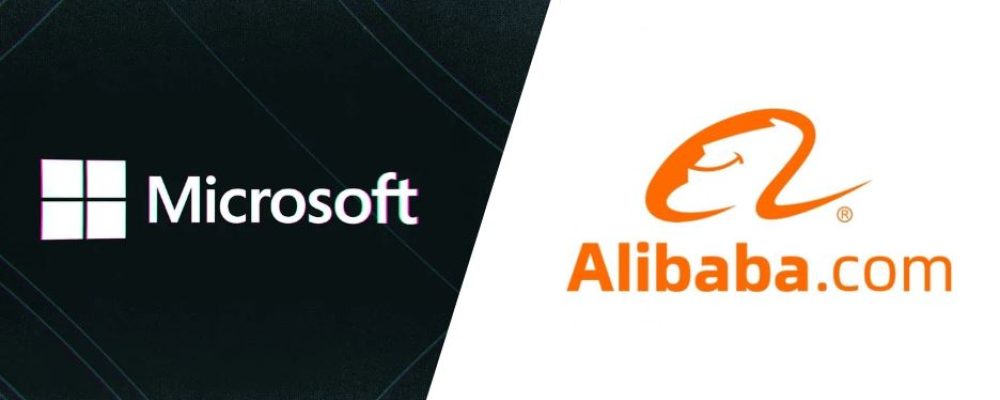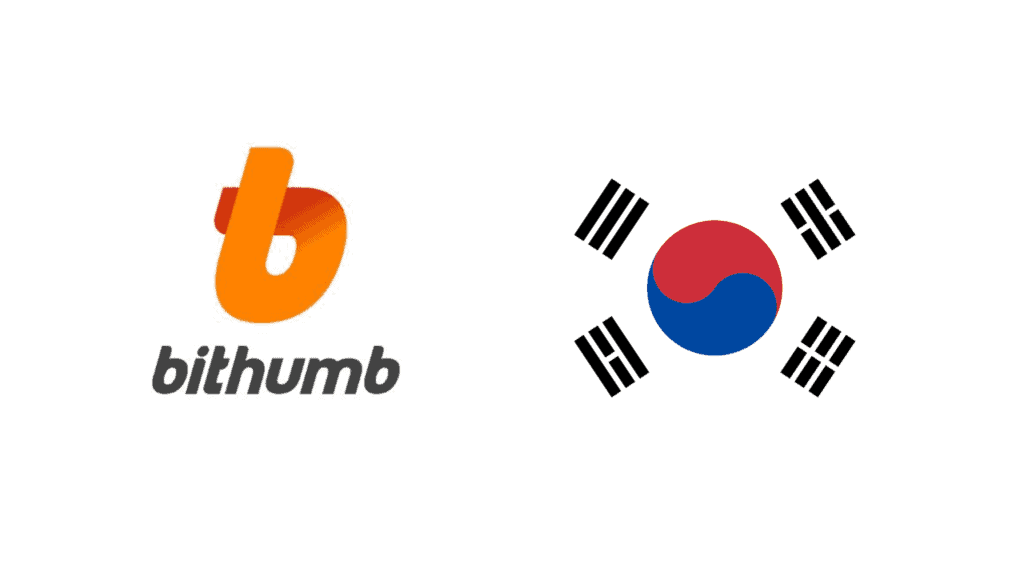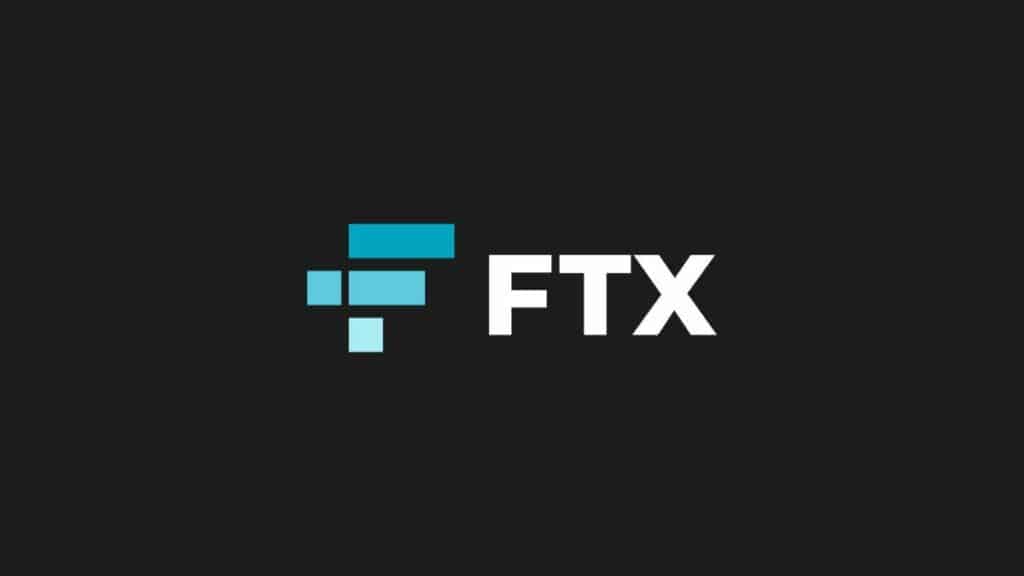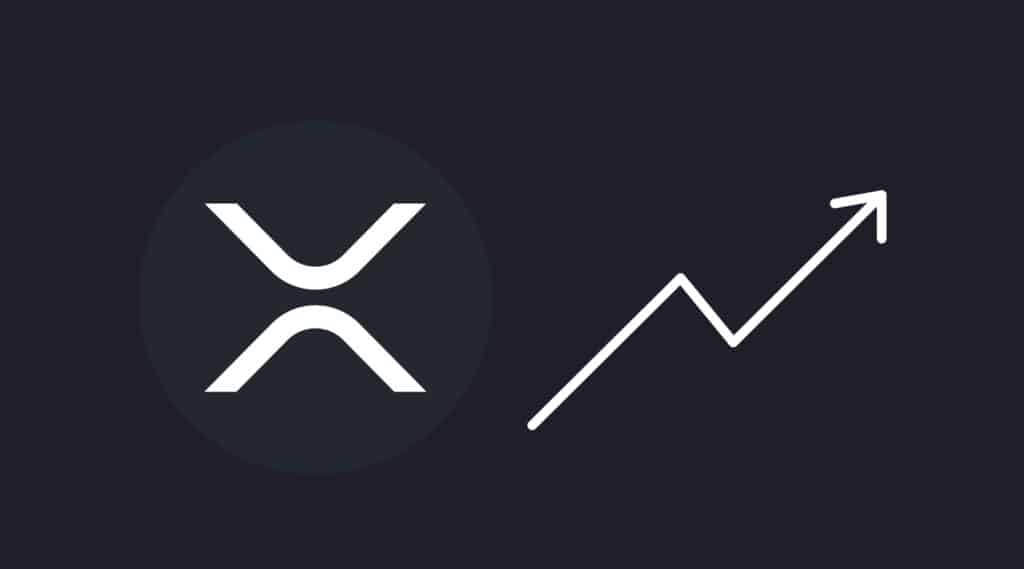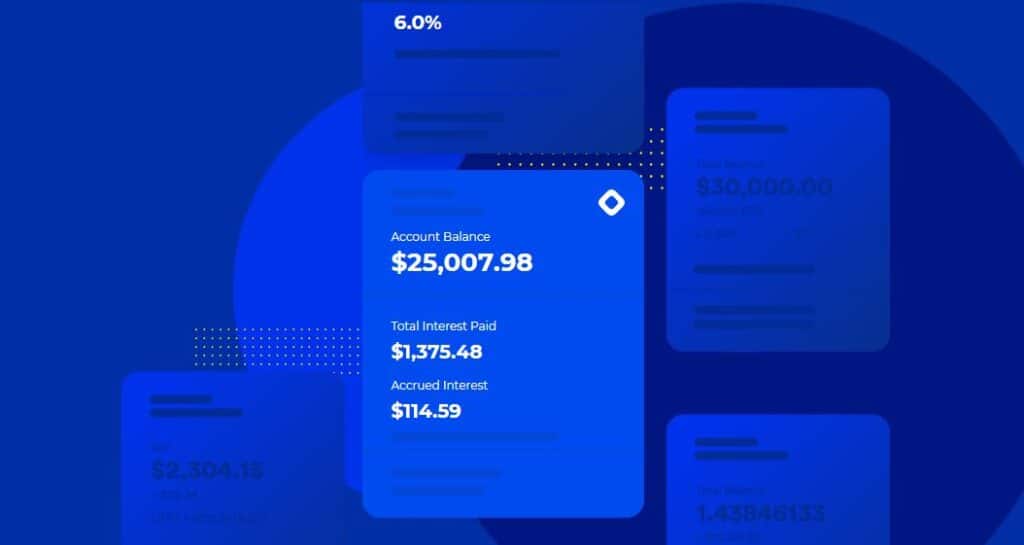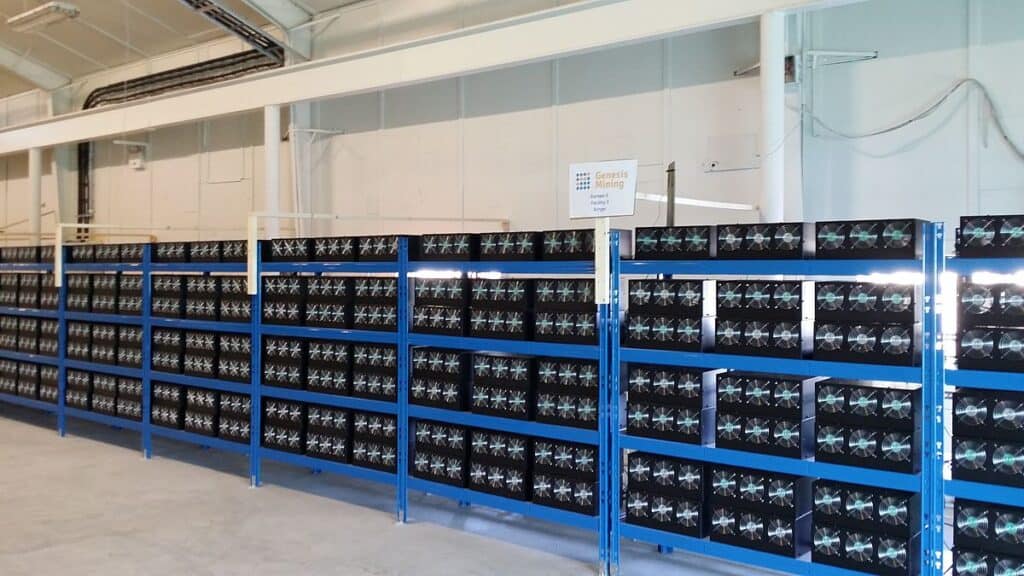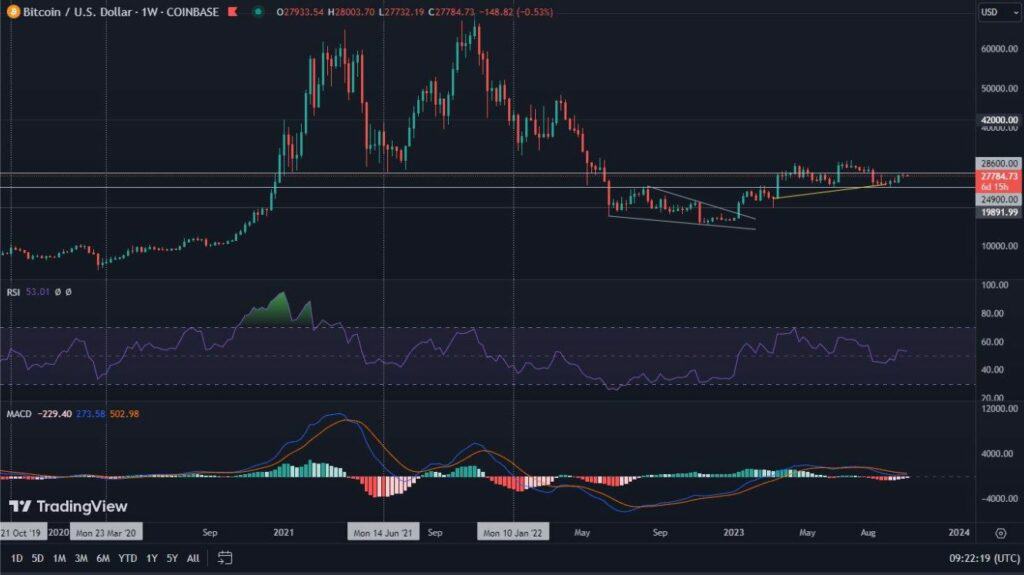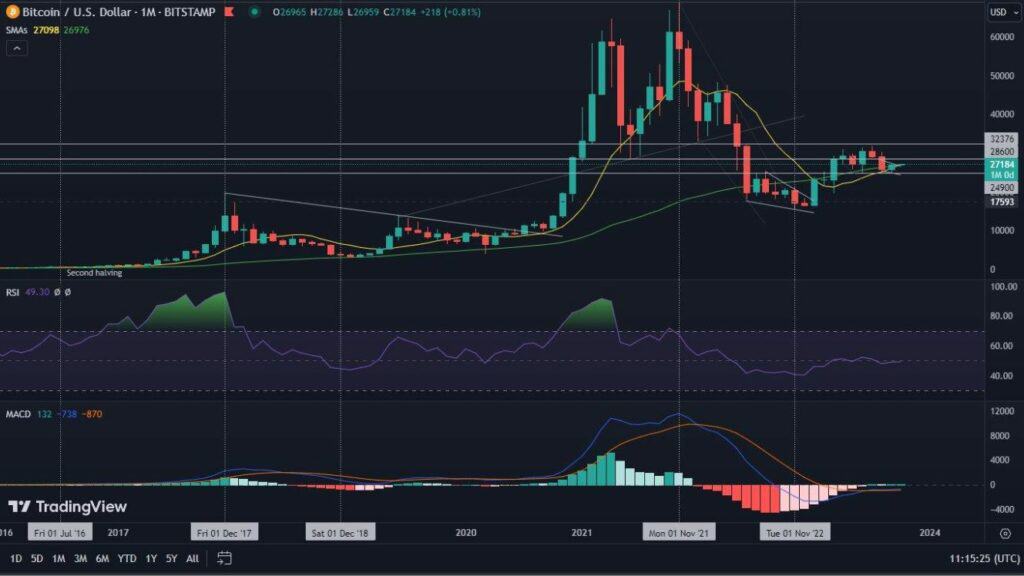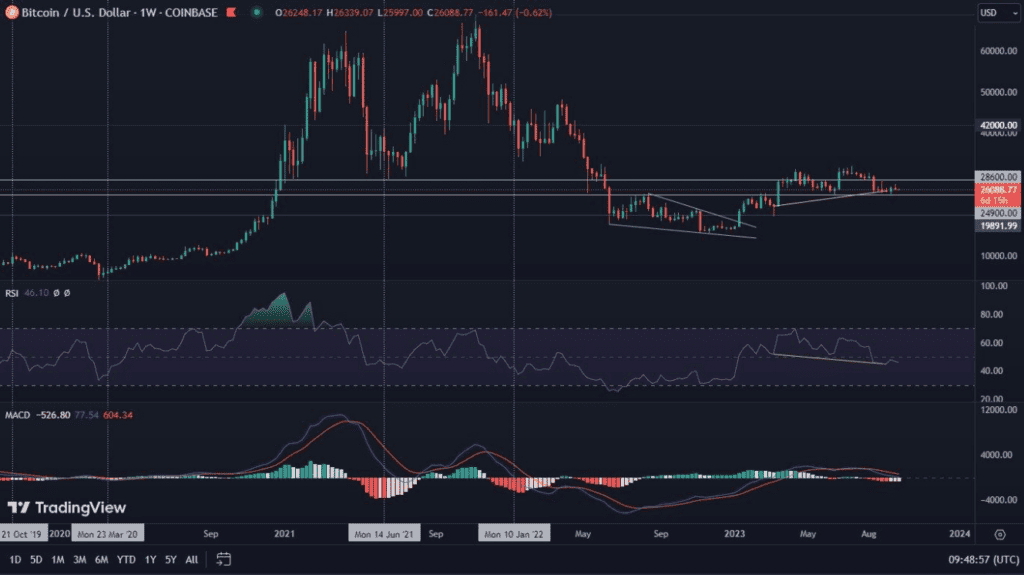The Windows operating system and Microsoft Office suite are the most illegally copied and distributed software in the world. The company’s former CEO, Steve Ballmer, estimates that in China alone in 2018, only 1% of companies using MS Office officially paid for commercial use of the software. So it’s not surprising that Microsoft wants to “make a contribution” to the development of the fight against piracy. About what action Microsoft is taking, in this article.
Microsoft joins forces with Chinese giant Alibaba
The Redmont-based technology company has decided to join forces with Chinese internet giant Alibaba and researchers from Carnegie Mellon University to create a system against the distribution of illegal copies. This system is to be based on the Ethereum blockchain because of its transparency. Both of these companies want the best possible technology to help fight piracy, as it is through illegal activity that they are losing out on many billions of dollars. In the case of Microsoft, the loss is about $10 billion a year from Office sales alone, while in the case of Alibaba, the matter looks a little different. This is because the Chinese internet giant has been blacklisted by the U.S. Trade Representative Office for selling non-original items. So it is in the interest of both companies to find a solution that will limit illegal activity on the Internet.
The Argus system
The Argus system is about to become such a solution. Built on the Ethereum blockchain, Argus aims to allow pirated content to be linked to its original source using a watermark algorithm. This means that a pirated copy of software submitted to the system will be traceable all the way back to the source.
A big concern among those involved with the Ethereum blockchain is the issue of high transaction fees. The Argus system has an answer to this. The team responsible for its creation has optimized cryptographic operations so that the cost of creating piracy reports is equivalent to about 14 ETH transactions on the public Ethereum network.
For now, both Microsoft and Alibaba have high hopes for the Argus system. The implementation of such software could fundamentally increase profits for both companies. As of today, Argus is not yet commercially deployed.

